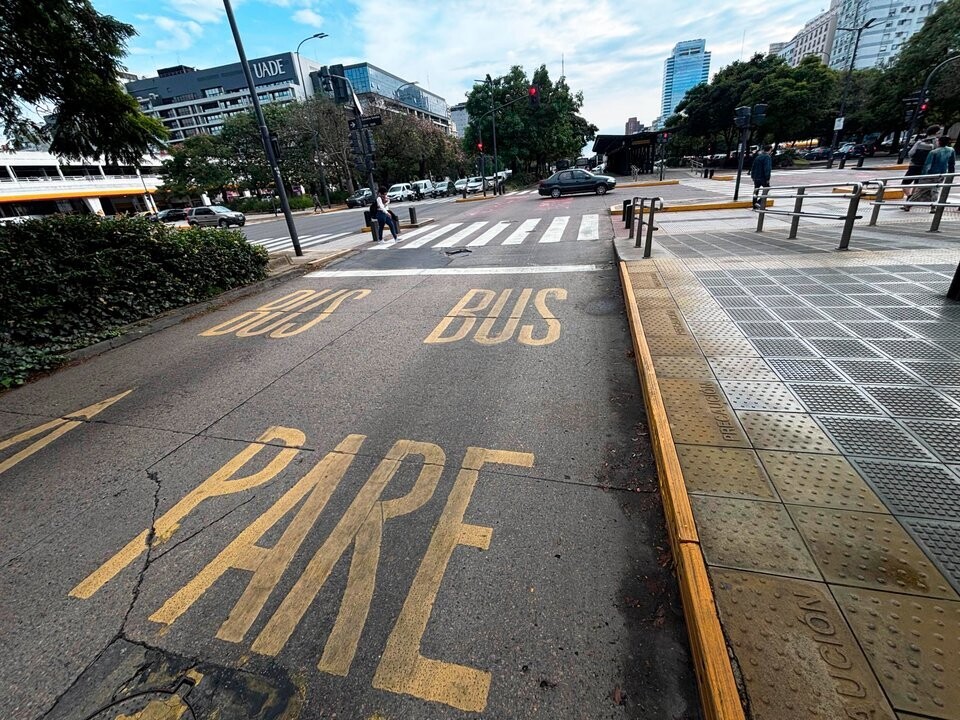
Public motor transport for passengers is essential in Argentina, as millions of people depend on buses and microbuses to carry out their daily activities. Strikes in the sector, organized by labor unions, have revealed a complex reality involving labor rights, security, and freedom of movement. These protests aim to draw attention to specific issues and express discontent or demand changes in government or labor policies affecting the transport sector.
The impact of these strikes on daily life is significant, as the country comes to a standstill, workers cannot reach their jobs, students miss school, and the daily routine of people is disrupted. The lack of mobility particularly affects those who depend exclusively on public services, exposing the fragility of a system conditioned by union conflicts.
Commercial and logistics sectors are compromised, as the lack of transport prevents workers from arriving on time to their jobs, affecting work efficiency. Low-income individuals who rely on public transport suffer the consequences due to the lack of accessible alternatives. Students cannot attend classes, patients may go without medical attention, among other impacts.
Demands for better salary conditions and greater security are legitimate, and both companies and unions demand concrete solutions from the national government. Citizens find themselves caught between the right to protest and the need to move, indicating the need for effective dialogue to ensure respect for demands and continuity of service.
The solution to these conflicts goes beyond salary negotiations and involves building a public transport system that is safe, accessible, and efficient. Investment in infrastructure, better working conditions, and the creation of conflict resolution mechanisms are essential to prevent these recurring crises. It is vital to balance the rights of workers with the right of citizens to move freely in order to advance as a society without getting stuck in its own contradictions.














